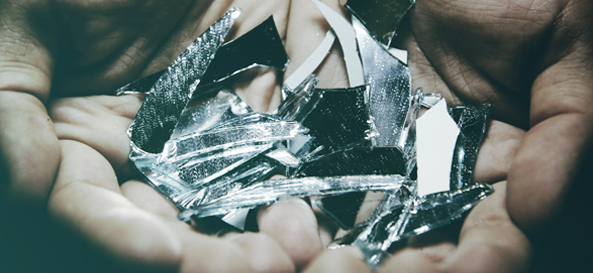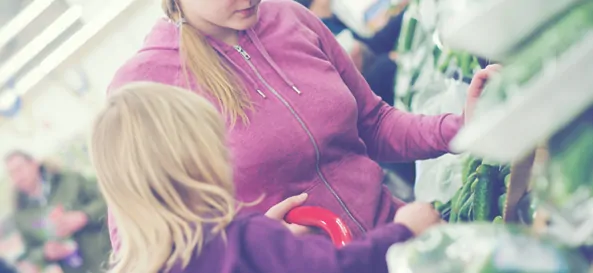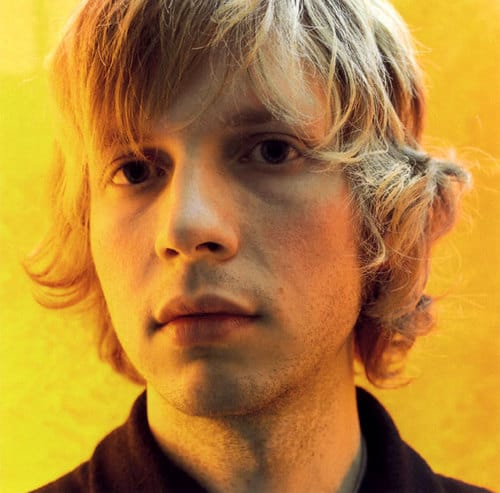
I don’t remember when, but at some point in middle or high school it became very clear that innocence wasn’t cool. In order to be cool, boundaries had to be stretched and broken. Rebellious behavior was rewarded through popularity—like playing quarters during lunch, or smoking after school, or sneaking out to a girl’s house to spend the night with her.
Innocence wasn’t only a social death sentence at school, though. It was at church as well. As churches began to place a high value on authenticity, we falsely believed we had to rid ourselves of innocence in order to fit in on a Sunday morning. Churches highlighted incredible stories of redemption, not stories of purity and innocence.
Most people today walk around wearing their “lack of innocence badge” with immense pride. Inside the walls of the church, authenticity and brokenness about our mistakes is the highest prize given to both pastors and congregants. We value this lack of innocence because, after all, what is life, if lived harboring all our regrets?
Growing up, I looked differently at the Innocents in the youth group at my church. I believed that, eventually, the harsh reality of life would slap them upside the head, leaving them scrambling for help. Most often, I either wanted to take advantage of the Innocents or make fun of them. To me, living the life of an Innocent seemed boring.
In the midst of this, I looked for whatever way I could to lose some of my sheltered, growing-up-in-a-Christian-home innocence. I wanted no part of the innocence both my parents and church leaders had encouraged me to hold onto. While I wasn’t trying to commit the “big sins,” this began the slow fade of my life. I dabbled with sinful behaviors in order to scrape the shine off my innocence. I had seen the innocent and rules-based lives many of my Christian friends were living, and I wanted no part of that rigid and legalistic lifestyle.
Later, though, I came to see losing so much of my innocence as a major regret.
A slow, downward spiral
Once sinful patterns become habitual in your life, whether “big” or “small” sins, they slowly take over.
The innocence I lost through life began to spill over in how I related with God, and I developed an expectation that God would let me down just like I had let Him down. I started to convince myself that a holy God couldn’t allow for good things to happen to someone who walked unholy paths.
My innocence lost convinced me that God was holding out His best from me. Deep down, I believed God couldn’t love me; my mistakes were too rampant and grievous. The age-old question of “How can a loving God cause so much pain?” has been felt and lived through my innocence lost.
Rarely do we take the time to think through the repercussions of our actions. In losing my innocence, I gained life experience—a slick “lack-of-innocence badge,” possibly even a better understanding of how to handle difficult circumstances—but I never considered all I had given up in the process.
Those of us with an innocence lost “know” God won’t answer our prayers. We “know” God can’t fix our problems or heal the pains of the past we have. We convince ourselves that hiding is much easier than exposing our wounds. Not even the penetrating love of God can break through the walls our innocence lost has built.
Whether you gave your innocence away like me, or if your innocence was taken by someone, we each must come to recognition of the reality. Life will never be the same as it was before.
Nor should it be. The pain of the past has shaped each of us into new people. But all hope is not lost.
A spiritual “reset”
In the book of Isaiah, we read the account of God’s anger toward the sins being committed by the nation of Israel. God wants their supreme devotion to the covenant relationship He has with them, but they continue to worship idols and turn toward sinful behavior. Even through this struggle, God still says to them, “See, I am doing a new thing! Now it springs up; do you not perceive it? I am making a way in the wilderness and streams in the wasteland” (Isaiah 43:19).
Ours is a God who provides a way where there is none. He forges streams of living water through the deserts of our innocence lost.
We are faced with a choice: We can humbly see our need for God, or we can turn away from Him by seeking to find our own way. This is an important fork in the road—choosing one path or the other. One road leads to holiness; the other road leads to sin, shame, and destruction.
Through my innocence lost, I chose the wrong road. Fortunately, God still calls, and He still restores His children who are ready to turn back. God waits for us.
He might be waiting for you.
Adapted from Why Holiness Matters.























